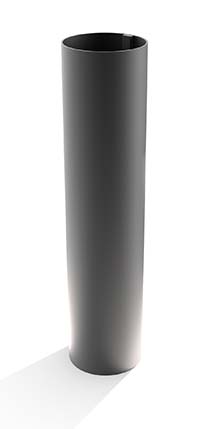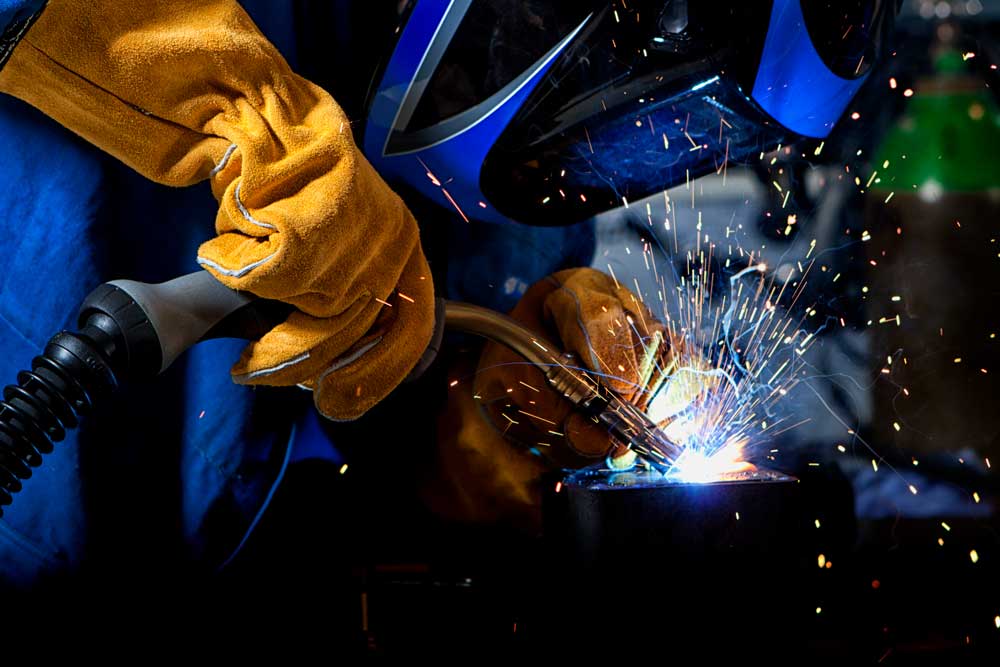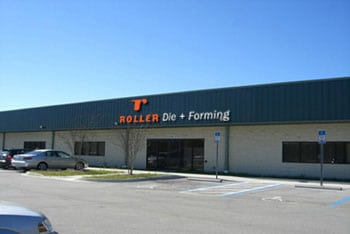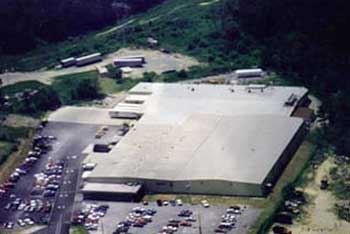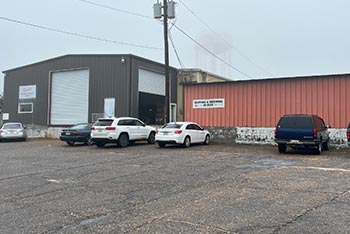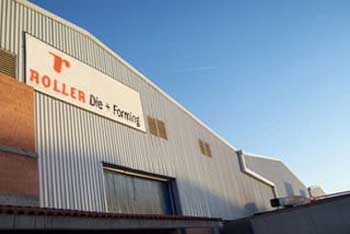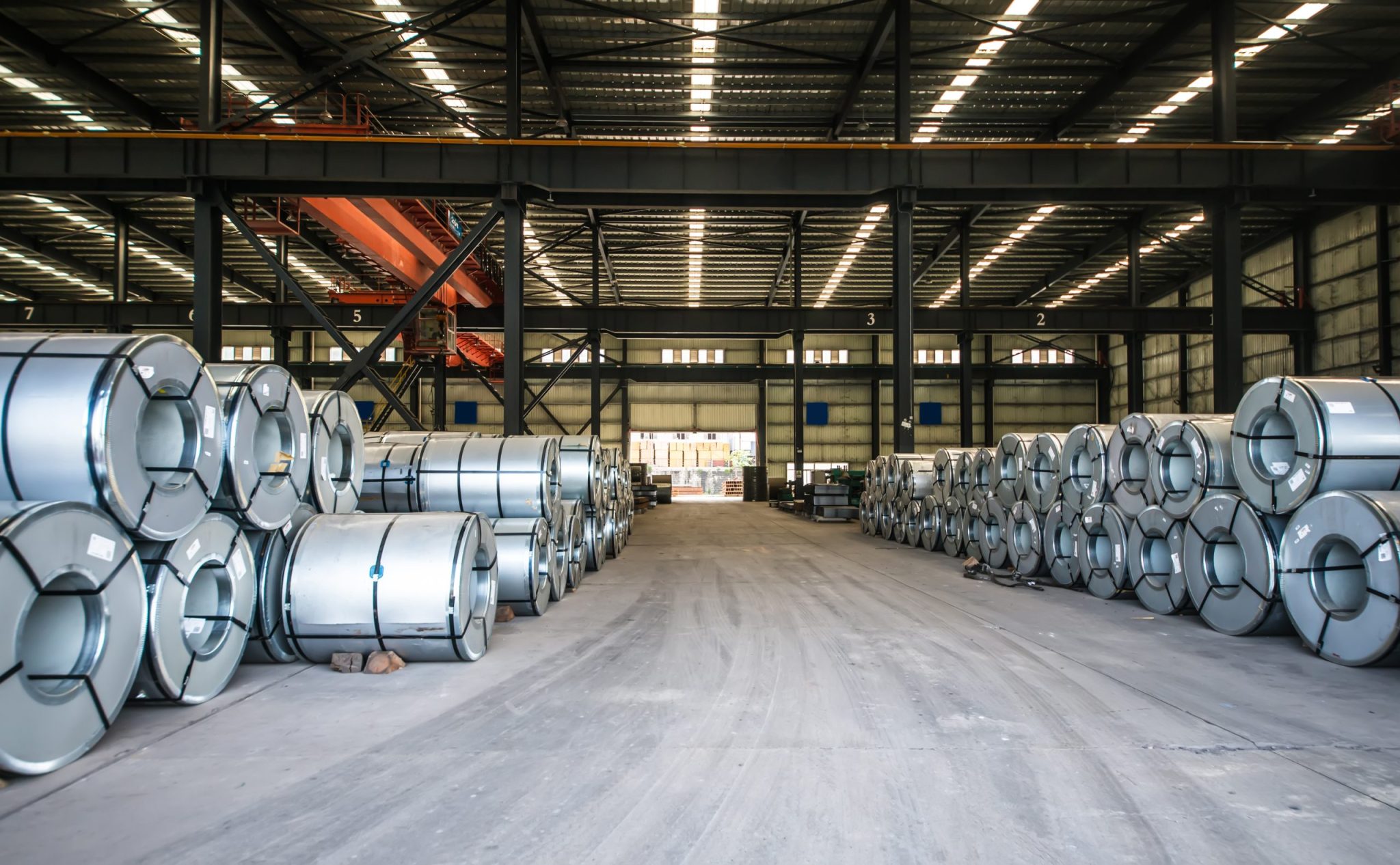The manufacturing landscape is more competitive than ever before, with businesses consistently seeking ways to optimize their operations and gain a competitive edge. One such strategy is integrating roll formed components into products or processes due to their high strength, cost-effectiveness, and versatility. However, ensuring success with roll formed components largely depends on selecting the right roll forming partner that aligns with your manufacturing business’s specific requirements and goals.
In this comprehensive guide, we will walk you through the crucial factors that you need to consider when evaluating and selecting the ideal roll forming partner for your business. From quality standards and customization capabilities to delivery timeframes and effective communication, our guide will provide you with a step-by-step process to make this crucial decision confidently.
By equipping yourself with the knowledge from this guide, you can better align your choice of a roll forming partner with your manufacturing and business objectives. This will not only facilitate seamless production processes but also improve overall efficiency, product quality, and ultimately, customer satisfaction. Read on to discover the insights and recommendations that will help you forge a successful and long-lasting partnership with the right roll forming company.
Step 1: Assess Quality Standards and Certifications
The foundation of any successful partnership with a roll forming company lies in their adherence to strict quality standards. Before engaging with a potential roll forming partner, research their quality management certifications, such as ISO 9001, as these certifications demonstrate their commitment to delivering high-quality products that meet global standards.
Additionally, inquire about their quality control processes and testing methods. An ideal partner should have a well-documented and systematic approach to ensuring the integrity of their roll formed components. This may include regular inspections, measurement checks, and advanced testing equipment that can accurately assess a wide range of quality parameters.
Step 2: Evaluate Customization Capabilities and Design Support
Depending on your manufacturing needs, it may be crucial to choose a roll forming partner with a proven track record of delivering customized solutions. This not only guarantees that they can meet your specific requirements but also ensures that they are capable of adapting to evolving production needs in the future.
Evaluate the roll forming company’s ability to handle different materials, complex geometries, and tight tolerances. Ask for examples of their customized roll forming projects and assess their design support capabilities. A strong roll forming partner should have an experienced engineering team equipped with advanced CAD tools to support clients in optimizing their design for manufacturability while maintaining cost-effectiveness.
Step 3: Analyze Production Capacity and Delivery Timeframes
Roll forming companies vary significantly in terms of production capacity and delivery timeframes, which could impact their ability to meet your manufacturing needs. To avoid potential bottlenecks and ensure that your operations run smoothly, select a partner with production capabilities that align with your anticipated order volumes and delivery schedules.
When assessing production capacity, consider factors such as the size of their facility, number of production lines, and any specialized machinery or equipment they might have. These insights will help you gauge whether they can handle fluctuations in your order volumes without compromising lead times.
To gain a more accurate understanding of delivery timeframes, ask about their typical turnaround times for different order sizes and inquire about any additional measures they have in place to expedite urgent orders.
Step 4: Examine Supply Chain Management and Raw Material Sourcing
The quality of your roll formed components will be directly influenced by the raw materials your roll forming partner uses. Investigate their raw material sourcing policies to ensure they adhere to high-quality standards and ethical practices.
In addition to material quality, consider potential supply chain vulnerabilities that may affect your operations. A strong roll forming partner should have contingency plans in place to manage potential disruptions, such as sourcing materials from multiple suppliers or having alternative transportation options to ensure on-time deliveries.
Step 5: Inspect Tooling and Maintenance Procedures
Tooling costs and maintenance procedures play a crucial role in the cost-effectiveness and reliability of roll forming operations. When selecting a roll forming partner, inquire about their investment in tooling, including the quality and lifespan of the tooling materials they use.
Moreover, ask about their maintenance procedures to ensure they have measures in place for tooling longevity and performance. A well-maintained roll forming facility will translate into higher-quality components and more efficient production processes.
Step 6: Assess Communication, Responsiveness, and Customer Service
Effective communication is paramount when collaborating with a roll forming partner, as it directly impacts the efficiency and success of your projects. To evaluate a roll forming company’s communication capabilities and responsiveness, assess their willingness to engage in productive conversations, address concerns, and provide ongoing support.
Pay close attention to their response times and the ease of establishing a line of communication with their team. A strong roll forming partner should provide multiple communication channels, such as direct phone lines, email, and virtual meetings.
Don’t forget to inquire about their customer service policies and escalation procedures. Gauge how they handle customer feedback, complaints, and potential issues that might arise during the course of your partnership. Choosing a partner that is committed to excellent customer service will minimize potential roadblocks and contribute to a seamless working relationship.
Step 7: Consider Pricing Structure and Financial Stability
Lastly, it’s crucial to consider your prospective roll forming partner’s pricing structure and their financial stability. Competitive pricing is important, but it shouldn’t come at the cost of quality or reliability. It’s crucial to find the right balance to ensure you’re getting the best value for your investment.
Step 8: Review Technological Capabilities and Innovation
A roll forming partner with advanced technological capabilities can provide significant advantages in terms of efficiency, product quality, and innovation. When evaluating potential partners, investigate their investments in cutting-edge technology and manufacturing equipment, such as high-precision CNC machines.
Step 9: Gauge Industry Experience and Technical Expertise
The experience and technical expertise of your roll forming partner are crucial factors that contribute to the success of your projects. Look for a company with experience in your specific industry or niche. This not only ensures their familiarity with your unique requirements but also helps mitigate potential complications that may arise. They should be able to provide valuable insights and support at every stage of the roll forming process.
Evaluate the proficiency of their engineering team, which should include skilled professionals with in-depth experience in diverse aspects of roll forming, such as material selection, tooling design, and advanced quality control methods. A partner with a strong technical skill set will be more adept at addressing challenges and successfully delivering customized roll formed components.
Step 10: Assess Geographic Location, Logistics, and Shipping
The geographic location of your roll forming partner can have a significant impact on logistics, shipping costs, and delivery times. While choosing a local partner might offer certain advantages, it’s essential not to overlook the benefits of partnering with a company that has a strong global presence. A company with manufacturing facilities located strategically near your target markets or major transportation hubs can be beneficial in terms of reducing shipping costs and delivery times.
Inquire about their logistics and shipping partners. A roll-forming company with reliable and efficient logistics partners can ensure on-time deliveries and minimize potential disruptions in your supply chain. It’s also essential to assess their packaging, handling, and shipping practices, as these directly impact the condition and quality of the roll formed components when they reach your premises.
Step 11: Evaluate Intellectual Property (IP) Protection and Confidentiality Measures
Protecting your intellectual property and maintaining the confidentiality of your designs, specifications, and strategic plans is critical for gaining a competitive edge in the market. When selecting a roll forming partner, make sure they have robust IP protection and confidentiality measures in place.
This may include non-disclosure agreements outlining their commitment to safeguarding your proprietary information and processes, as well as their adherence to relevant legal and regulatory frameworks. Additionally, inquire about their data security practices, especially if they handle sensitive product designs or customer information.
Step 12: Investigate Reputation
A strong reputation and a solid track record of servicing satisfied clients can provide valuable insights into how a roll forming company operates and delivers on its commitments. To get an unbiased view of their performance, look for client testimonials, case studies, and other third-party sources that showcase their expertise and customer satisfaction levels.
Step 13: Understand Their Approach to Sustainability
As companies across various industries become increasingly aware of their environmental impact, selecting a roll forming partner with strong sustainability initiatives can also be an important factor. Ask about their waste reduction and energy efficiency measures, as well as their strategies for minimizing material usage and maximizing resource utilization.
A commitment to sustainable manufacturing practices can contribute positively to your company’s environmental footprint and bolster its reputation as a responsible business entity.
By thoroughly evaluating these key factors, you can confidently select the right roll forming partner for your manufacturing business, ensuring a successful and mutually beneficial collaboration. A strategic partnership with an experienced, reliable, and customer-focused roll forming company will not only help improve your product quality and operational efficiency but also support your business’s growth and expansion in the competitive manufacturing landscape.
Step 14: Evaluate Their Commitment to Continuous Improvement
Select a roll forming partner that demonstrates a genuine commitment to continuous improvement and lean manufacturing principles. This approach ensures that they consistently strive to enhance their processes, technology, and human resources in order to foster growth, efficiency, and competitiveness in the long run.
Investigate whether they engage in regular process audits, ongoing employee training, and the adoption of efficient manufacturing methods. This commitment to continuous improvement will ensure that your roll forming partner can adapt to shifting industry requirements and stay at the forefront of innovation.
Step 15: Assess Their Flexibility and Adaptability
In the fast-paced world of manufacturing, your needs and market demands may change rapidly. This makes it essential to choose a roll forming partner that is flexible and adaptable to your evolving requirements. Evaluate their ability to accommodate changes in order volumes, production schedules, material specifications, and design alterations with minimal impact on lead times and costs.
Understanding their capacity to modify processes or tooling designs on short notice will give you the confidence that they can adapt to your changing needs and prevent potential cost overruns or schedule delays.
Step 16: Analyze Their Value-Added Services
Roll forming companies vary greatly in terms of the value-added services they provide, such as secondary operations, assembly, or product finishing. Identifying a partner that can offer an array of complementary services relevant to your needs will help streamline production processes, reduce lead times, and enhance overall project efficiency.
Review their in-house capabilities related to secondary operations, such as welding, cutting, painting, or assembly, and inquire about any partnerships they may have with specialized service providers. Bundling value-added services with roll forming can enhance your product quality, optimize manufacturing processes, and provide potential economies of scale.
Step 17: Examine Their Company Culture
While it may seem like a less obvious aspect, understanding the company culture of your potential roll forming partner can offer insights into their operational stability.
Companies that invest in the well-being and skill development of their employees also tend to create more motivated and knowledgeable teams. This translates to better performance and higher product quality in the long run, directly affecting your manufacturing success.
Step 18: Understand Their Contract and Pricing Negotiations
As your roll forming projects advance, it’s important to have a clear understanding of the contract and pricing negotiation processes. Inquire about the flexibility of their pricing policies, discounts for higher volumes, and any other incentives or value-added offerings that they may provide. Procuring favorable contract terms can lead to significant cost savings over time.
Additionally, establish a clear understanding of their billing procedures, project milestone payment structures, and cancellation policies. This information will help ensure that you are prepared for any contractual adjustments that may occur and prevent misunderstandings that could disrupt your manufacturing projects.
Bringing It All Together: The Key to Roll Forming Success
In summary, selecting the ideal roll forming partner is a multifaceted process that requires careful evaluation of numerous factors, from the technical proficiency and experience of the company to their disaster recovery plans and after-sales support. By critically assessing these elements, you can ensure a partnership that is both reliable and supportive of your unique manufacturing requirements.
A successful collaboration with a skilled roll forming company such as Roller Die + Forming will enable your business to thrive in an increasingly competitive manufacturing environment. By combining shared expertise and meeting your production challenges with innovative solutions, you can maintain the highest standards of quality and efficiency, positioning your business for future growth and success.
Don’t wait to elevate your manufacturing capabilities – reach out to the experts at Roller Die + Forming today for a comprehensive analysis of your roll forming needs and discover the difference that a trusted partner can make in your operations.

